Air conditioning is a standard feature in most homes and cars, but on a boat, it can be particularly important. It not only cools the air but also manages the high humidity typical of marine environments, making it a necessity rather than a luxury. Depending on your cruising area, the presence of air conditioning may be more or less important. For instance, if your boat is moored in a warm region such as a Mediterranean port, air conditioning becomes significantly more essential compared to mooring in a cooler, windier area. In the Mediterranean, the heat can be intense and persistent, making onboard air conditioning crucial for comfort and well-being. Conversely, in windy areas, the natural breeze often provides sufficient cooling, reducing the necessity for artificial climate control.
1 – Air conditioning system on boat: how it works?
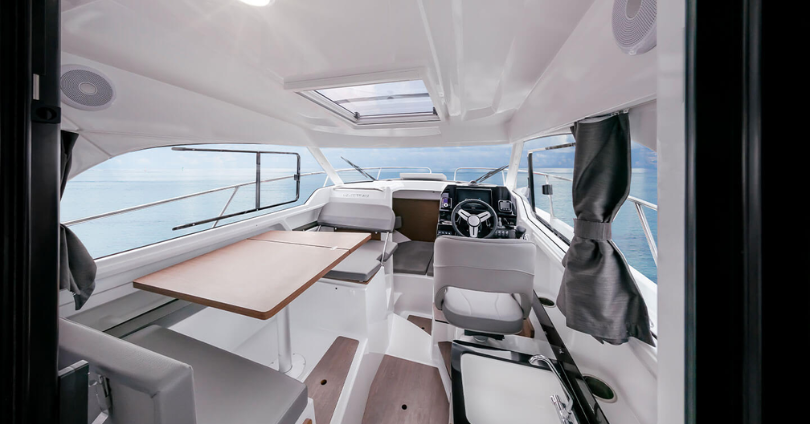
These systems utilize seawater to cool their condensers, leveraging the cooler temperatures of the water to enhance efficiency.
Key components of a marine air conditioner include the compressor, condenser, evaporator, and often a sea water pump. The compressor circulates refrigerant that absorbs heat from inside the cabin, then expels it to the seawater, thus cooling the boat’s interior. This cycle is not only effective in maintaining a comfortable temperature but also conserves energy by using the natural cooling properties of seawater.
The most practical solution or installing your connected boat system could be Seanapps with a ready-to-install pack!
2 – Types of air conditioning systems
The choice of system ranges from self-contained units, ideal for small to medium boats, to chilled water systems, which are best for larger vessels with multiple cabins. Self-contained units are compact and relatively easy to install, offering flexibility in ducted or non-ducted forms. Chilled water systems utilize water to distribute chillness efficiently across several spaces without requiring multiple compressors. Split systems, separating the compressor and condenser from the evaporator, offer flexible installation options and quieter operation, making them suitable for medium-sized vessels.
3 – How to choose the right air conditioning system for your boat?
Selecting the right air conditioning system involves understanding the specific needs of your vessel and matching them with an efficient system. The size and type of your boat dictate the scale of the system required. Larger boats might need more robust systems or multiple units to provide adequate cooling throughout. The cooling capacity, measured in British Thermal Units (BTUs), should suit the size and internal volume of the boat.
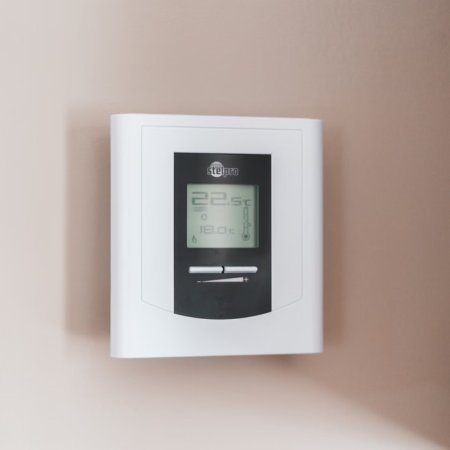
Power consumption and electrical system compatibility are also crucial. It is important to ensure that the air conditioning system does not overload the boat’s electrical capacity.
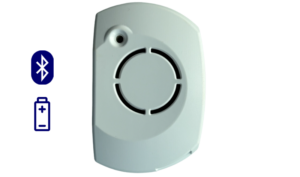
To ensure the air conditioning system on your boat is functioning properly, installing a sensor is a highly effective solution. The air conditioning ignition sensor continuously monitors the system by detecting voltage fluctuations (110 or 220 volts). This allows you to receive real-time alerts on your phone if there is a power supply failure.
4 – Air conditioning is not just about fresh air on board!
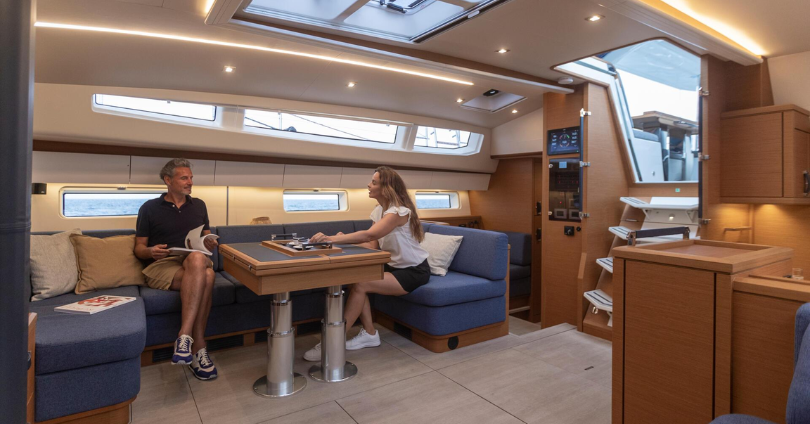
Photo credit : Jeanneau
Air conditioning on a boat does more than just cool the air; it’s also an effective way to combat humidity! By reducing the humidity levels in the ambient air, air conditioning helps maintain a comfortable environment for you and your friends throughout the cruise.
Here are some benefits of air conditioning related to humidity:
- Reduced humidity: by removing water from the air, air conditioning reduces the ambient humidity level in the cabin.
- Fresher and more pleasant air: less humid air feels fresher and more comfortable to breathe, especially in hot weather.
- Mould prevention: high humidity levels encourage the growth of mould. Air conditioning, by drying out the air, helps to prevent this from happening.
It’s not always easy to get rid of damp on board, but a sensor can help prevent it from building up. The temperature and humidity sensor allows you to remotely monitor the climatic conditions on board your boat. Thanks to this sensor, you’ll be alerted immediately if temperature and humidity levels become abnormally low or high.
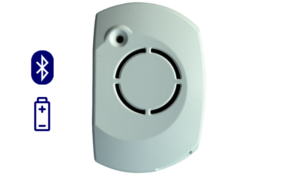
5 – Maintenance guidelines for your air conditioning system

A proper installation by professional technicians is essential for optimal performance and safety. After installation, maintaining the system effectively is significant for sustained performance and longevity. This includes cleaning air filters to prevent airflow blockage and maintaining air quality, removing salt and debris from condenser coils to prevent efficiency losses, and conducting regular system checks to fix issues like refrigerant leaks or electrical problems before they become severe.
To maximize the longevity of your air conditioning system and ensure a good maintenance, practices can be applied regularly:
- Monitor water flow regularly.
- Check intake strainer for debris.
- Inspect hoses and connections.
- Avoid continuous operation when absent.
- Flush condenser coils periodically.
- Clean air filters monthly.
- Inspect condensate pan for drainage and corrosion.
- Check pressure in chilled-water systems.
These tips could help you avoid making mistakes; here are some of the most common ones among boat owners:
- Inadequate cooling, often due to incorrect sizing or blocked filters.
- Excessive noise, which may indicate loose components or compressor problems.
- Water leaks from condensation and seawater cooling loops require vigilant monitoring.
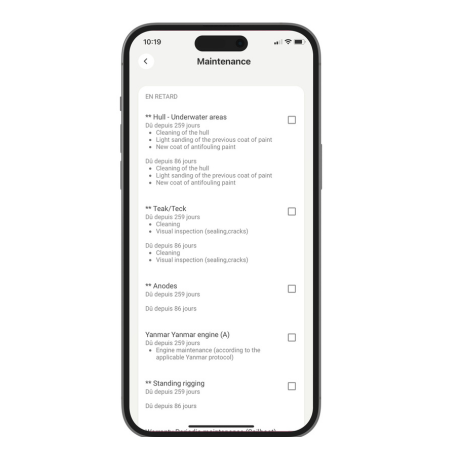
Seanapps Maintenance feature
Timely repairs by qualified technicians can prevent minor problems from turning into costly repairs, which is why Seanapps features a “Maintenance” feature that allows you to track and anticipate all operations on your boat. You can even request air conditioning maintenance directly through the Seanapps application. Your dealer will receive the notification and provide you with an appointment and estimate directly within the app. Seanapps also allows you to keep a record of these maintenance activities and store the invoices related to these checks or repairs.
Conclusion
In conclusion, maintaining your air conditioning system is essential, just like any other on-board equipment. By ensuring regular maintenance and servicing, you can optimize performance and longevity. Now that you have a comprehensive grasp of air conditioning systems, please read Seanapps’ guide to motorboat maintenance for further insights into keeping your boat in top condition.
Discover Seanapps sensors
Outboard motor anti-theft sensor
€79
Temperature and humidity sensor
€79
Shore power sensor
€149

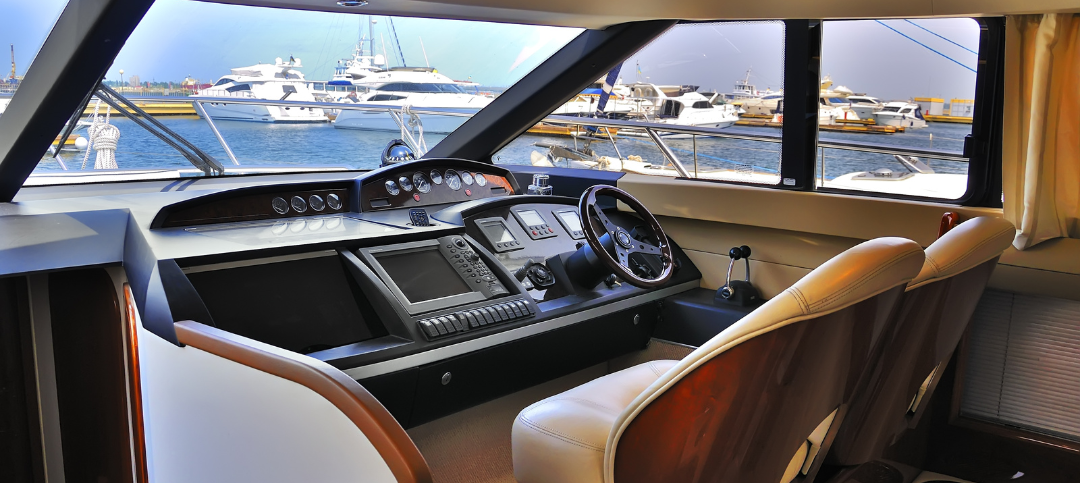
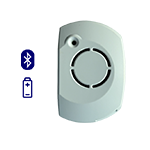
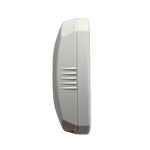
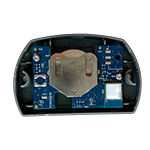
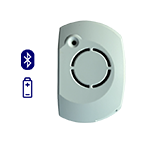
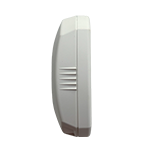
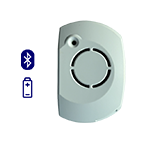
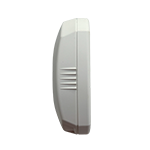
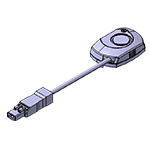
0 Comments